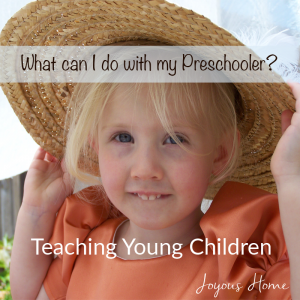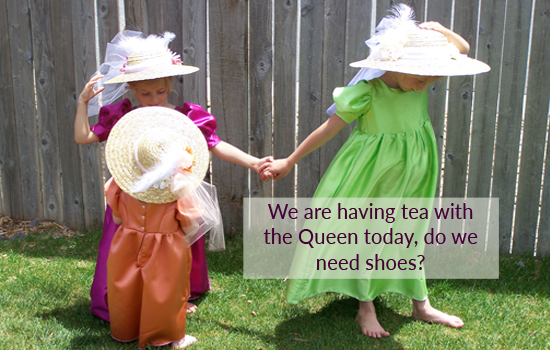Teaching Young Children – Let Them Play
Teaching Young Children
[clickToTweet tweet=”I was stressed about my younger children not ‘doing’ school, until I realized they learned more by just playing.” quote=”I frequently stressed about my younger children not ‘doing’ enough school, until I realized they learned more by just playing.” theme=”style1″]

Preschoolers are the young children I’m talking about. Just because some people call it “preschool”, doesn’t mean they need some sort of traditional schooling. I recently spoke to a mom who told me she is putting her little 3-year-old in ‘school’. I don’t understand what they could learn there that is more beneficial than what they can learn right at home.
Preschoolers don’t need a lot of curriculum, a busy academic day, or tons of group activities. While there are children who learn earlier than others, most young children learn without being overworked with pencil and paper. While most 2-year-olds want to hold crayons or big pencils, it doesn’t necessarily mean they are ready for formal academics.
When I saw that my preschoolers wanted to join their siblings at the table, I assumed they were ready for formal schoolwork. They became discouraged quickly, so instead I had them join in, but doing some of the same things they were doing before, just at the table. By doing this, they were able to participate in ‘school’ with their siblings and still learn by doing fun things that were educational and appropriate to their age level.
Some of the activities that they would do included scribbling on paper, playing with counting chips, building with blocks, playing with tins, pans and spoons, hiding in cardboard boxes, listening to books on tape, or classical marches, were all helpful to their learning. To put it simply, most preschoolers just enjoy playing.
This type of relaxed learning forms a child’s imagination. The imagination forms the basis for a love of learning. If a child is pretending they are on a expedition in the rainforest, or taking dolls to a tea party in England, they are learning geography and hospitality. Of course, the parent is a crucial part of developing a constructive imagination in a child, but the point is, they learn without the stress of prematurely sitting them down to ‘do’ school.
Some Suggestions:
- Read, read, read to your preschooler. Books containing animals, plants, and weather, fascinate any child. Living Books are especially wonderful!
- Memorize short poems.
- Make fingerpaint, or make dough for play.
- Find big boxes – they know what to do.
- Line up chairs and let them pretend they are on a plane. (They will creatively suggest making tickets and assign a captain, stewardess and passengers, how do I know?) Play along.
- Plant seeds in clear plastic cups, watch the roots grow.
Happy Homeschooling!




